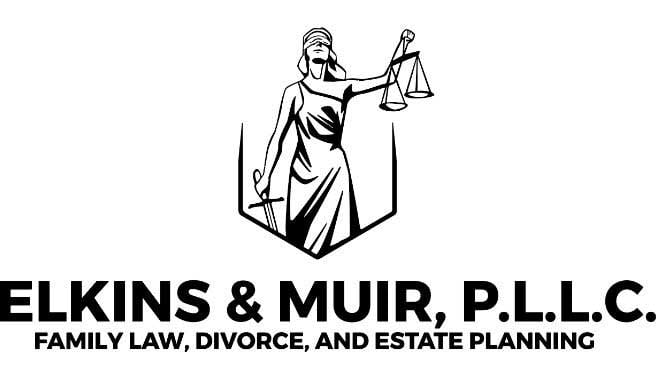People who anticipate their passing can leave behind instructions that dictate how their assets are handled in an estate plan. The most common legal document in any estate plan is the will. The will includes an itemization of assets and heirs.
There’s a lot that an estate plan can include. Here are several important aspects of estate plans:
The executor of the estate
The person making the will, also called the testator, can name an executor of the estate. The executor is responsible for submitting the will to a probate court. A probate court judge can validate the will. The executor may also be responsible for reaching out to heirs, paying taxes and debts and distributing the assets during probate. Probate can take several months to over a year.
Powers of attorney
The testator can name a power of attorney. A power of attorney is a representative of the testator. If the testator suffers from medical illnesses or injuries that incapacitate them, then the power of attorney would handle any medical and financial aspects on behalf of the testator.
A trust
While many people make wills, they may not be the best options for every estate. Wills are susceptible to extended probate times, disputes and taxes. To avoid these issues, people can create trusts.
A trust is a legal document that allows grantors to put their estate in the hands of trustees. The trust instructs the trustee on when assets are distributed to beneficiaries. Additionally, grantors can make specific instructions in a trust that can determine why the beneficiary would receive any assets, such as to help fund a beneficiary’s education.
There are many uses to an estate plan. Testators may need to reach out for legal help to understand how versatile an estate plan can be.
